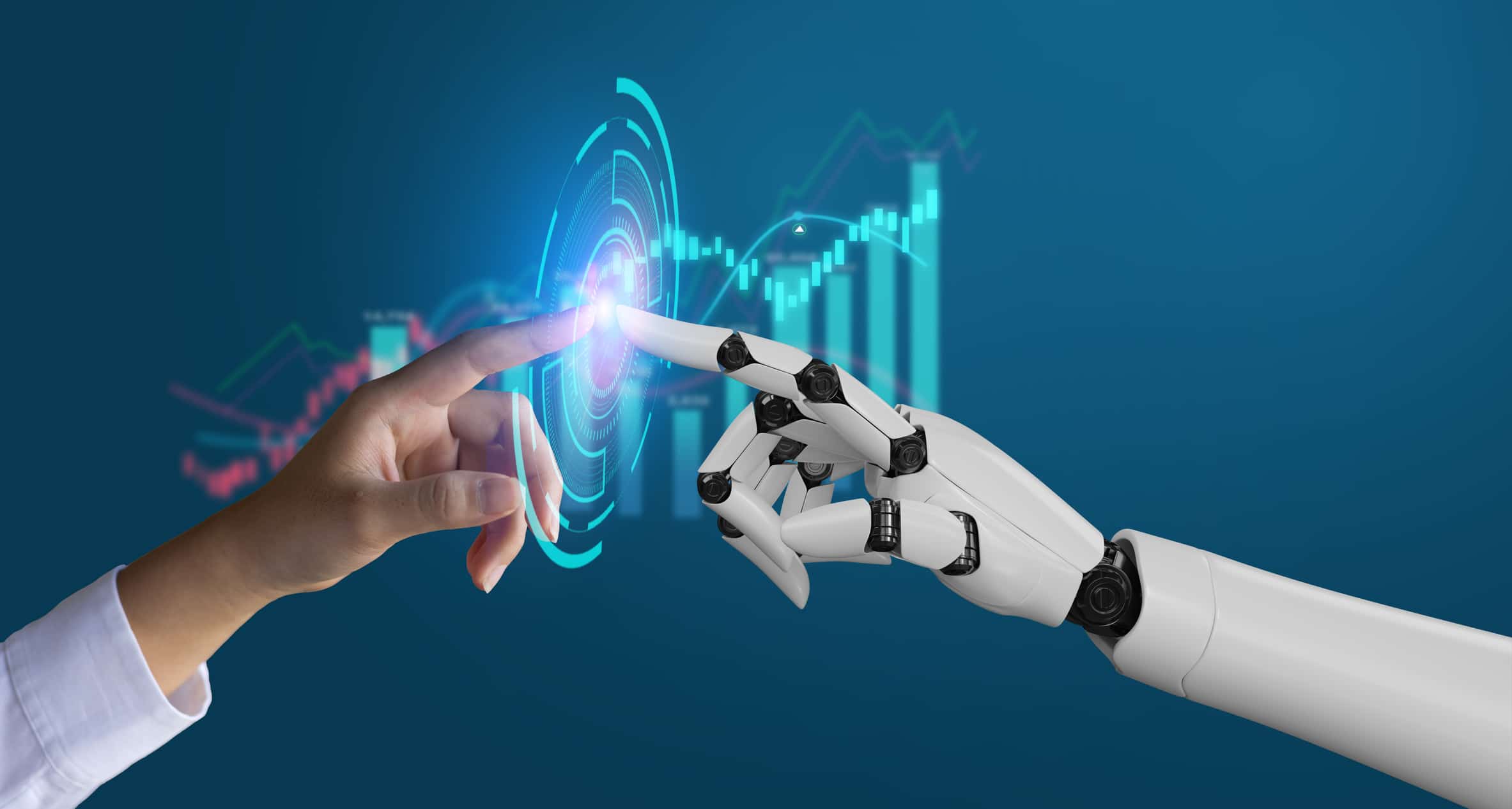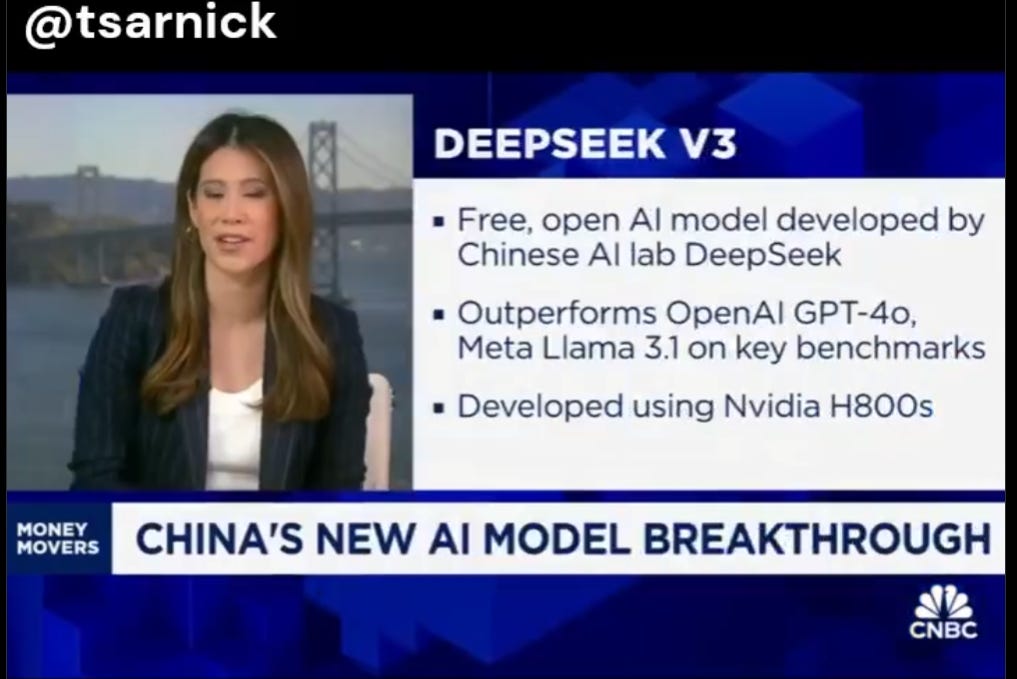Lower-cost AI tools might reshape tasks by giving more workers access to the innovation.
- Companies like DeepSeek are developing low-priced AI that might assist some workers get more done.
- There might still be threats to workers if employers turn to bots for easy-to-automate tasks.
Cut-rate AI may be shocking market giants, however it's not likely to take your job - a minimum of not yet.
Lower-cost approaches to developing and training artificial intelligence tools, from upstarts like China's DeepSeek to heavyweights like OpenAI, will likely enable more individuals to latch onto AI's efficiency superpowers, market observers told Business Insider.
For lots of workers stressed that robotics will take their tasks, that's a welcome advancement. One frightening prospect has actually been that discount rate AI would make it easier for employers to swap in low-cost bots for pricey human beings.

Obviously, that might still happen. Eventually, the innovation will likely muscle aside some entry-level employees or those whose roles mostly include repeated jobs that are easy to automate.
Even greater up the food cycle, personnel aren't always devoid of AI's reach. Salesforce CEO Marc Benioff said this month the business may not hire any software engineers in 2025 due to the fact that the firm is having a lot luck with AI representatives.

Yet, broadly, for lots of employees, lower-cost AI is most likely to expand who can access it.
As it becomes less expensive, it's easier to integrate AI so that it becomes "a sidekick rather of a danger," Sarah Wittman, an assistant teacher of management at George Mason University's Costello College of Business, informed BI.
When AI's rate falls, she said, "there is more of an extensive acceptance of, 'Oh, this is the method we can work.'" That's a departure from the state of mind of AI being a pricey add-on that employers may have a difficult time validating.
AI for all
%20Is%20Used%20In%20Biometrics.jpg)
Cheaper AI could benefit workers in areas of a company that frequently aren't viewed as direct profits generators, Arturo Devesa, chief AI architect at the analytics and data company EXL, told BI.
"You were not going to get a copilot, maybe in marketing and HR, and now you do," he said.

Devesa stated the course shown by business like DeepSeek in slashing the cost of establishing and carrying out large language models changes the calculus for companies deciding where AI might settle.

That's because, for many big companies, such determinations consider cost, precision, and speed. Now, with some costs falling, the possibilities of where AI could reveal up in a workplace will mushroom, Devesa stated.
It echoes the axiom that's unexpectedly everywhere in Silicon Valley: "As AI gets more efficient and accessible, we will see its use skyrocket, turning it into a commodity we simply can't get enough of," Microsoft CEO Satya Nadella wrote on X on Monday about the so-called Jevons paradox.
Devesa said that more productive employees won't always reduce demand for individuals if employers can establish brand-new markets and new sources of revenue.

Related stories
AI as a commodity
John Bates, CEO of software application company SER Group, informed BI that AI is becoming a product much quicker than expected.
That means that for jobs where desk employees may require a backup or somebody to confirm their work, low-cost AI may be able to action in.
"It's great as the junior knowledge employee, the thing that scales a human," he stated.
Bates, a previous computer science professor at Cambridge University, stated that even if an employer already planned to utilize AI, the lowered costs would enhance return on financial investment.
He likewise stated that lower-priced AI might give little and medium-sized organizations simpler access to the technology.
"It's just going to open things approximately more folks," Bates stated.
Employers still need humans
Even with lower-cost AI, human beings will still belong, said Yakov Filippenko, CEO and creator of Intch, which assists professionals find part-time work.
He said that as tech companies compete on price and drive down the cost of AI, smfsimple.com lots of employers still won't aspire to eliminate workers from every loop.
For example, Filippenko stated companies will continue to require designers because someone has to verify that brand-new code does what an employer wants. He said companies work with employers not just to complete manual labor; managers also desire an employer's opinion on a candidate.
"They spend for trust," Filippenko stated, describing companies.
Mike Conover, CEO and founder of Brightwave, a research platform that utilizes AI, informed BI that an excellent portion of what individuals carry out in desk tasks, in particular, consists of jobs that might be automated.
He said AI that's more widely available due to the fact that of falling expenses will enable people' innovative abilities to be "freed up by orders of magnitude in regards to the sophistication of the issues we can resolve."
Conover thinks that as rates fall, AI intelligence will likewise spread to far more areas. He said it's comparable to how, years back, the only motor in an automobile might have been under the hood. Later, akropolistravel.com as electrical motors diminished, they showed up in places like rear-view mirrors.
"And now it remains in your tooth brush," Conover stated.
Similarly, Conover said universal AI will let specialists produce systems that they can tailor to the requirements of jobs and workflows. That will let AI bots handle much of the dirty work and allow workers happy to try out AI to handle more impactful work and possibly shift what they're able to concentrate on.






